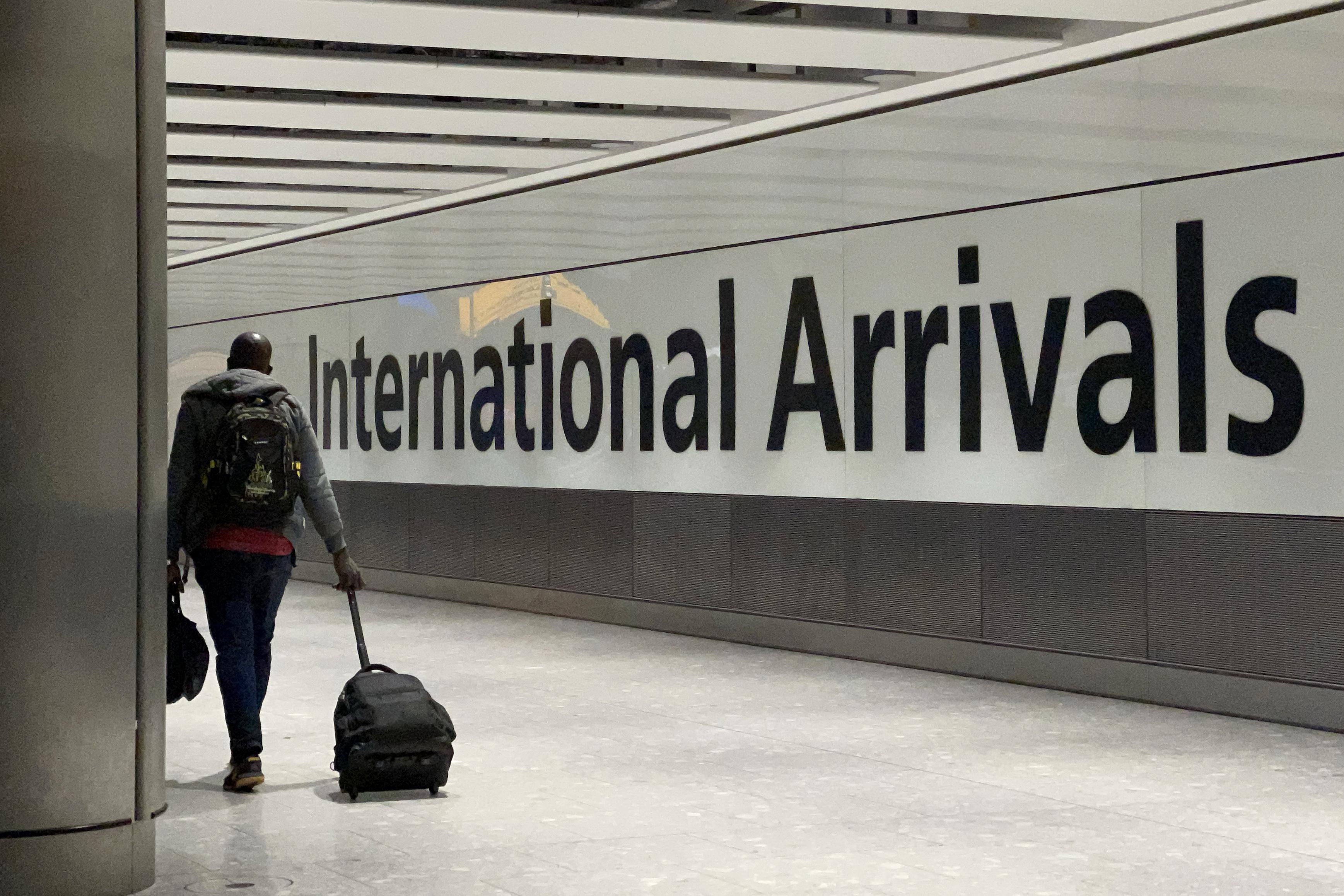Update: Countries rushed to suspend travel from southern Africa on Friday amid global fears of a new coronavirus variant that could be more dangerous and infectious. The World Health Organization classified the variant first identified in South Africa as a highly transmissible variant of concern and dubbed it Omicron. The United States said it will restrict travel from South Africa and neighboring countries starting on Monday. Lots of other countries, including Canada and Russia, also joined the 27-nation European Union in restricting travelers from southern Africa even as experts warned travel bans may not do much to stop the variant that has already been detected in numerous countries, including Belgium, Israel, and Hong Kong.
The World Health Organization and some experts cautioned against panic, saying the variant needs to be better understood first. There is still no evidence that Omicron is more contagious or lethal nor that it could skirt the protection of the available vaccines. “Substantively NOTHING is known about the new variant,” Roberto Burioni, a top Italian virologist, wrote on Twitter. The signs, however, certainly aren’t positive. “This variant has a large number of mutations, some of which are concerning,” the WHO said. “Preliminary evidence suggests an increased risk of reinfection with this variant.”
The new variant has a “very unusual constellation of mutations,” according to Tulio de Oliveira, director of the KwaZulu-Natal Research and Innovation Sequencing Platform. All the uncertainty led many to immediately fear the worst, including investors as financial markets plummeted. The Dow Jones Industrial Average had its worst sell off since October 2020 and European stocks suffered their worst day in 17 months.
Original post at 6:37 a.m.: Several European and Asian countries have decided to act quickly and start banning travel amid fears that a new coronavirus variant first detected in South Africa could skirt vaccine protections. Britain was one of the first countries to impose new restrictions, banning flights from South Africa and five neighboring countries and calling on British citizens returning from the region to quarantine. The B.1.1.529 variant was first detected in Gauteng, South Africa’s most populous province. South Africa quickly pushed back against Britain’s restrictions, saying the decision to ban flights “seems to have been rushed” considering the World Health Organization has yet to give any guidance on the new variant. But it comes as the head medical adviser to the U.K. Health and Security Agency, Dr. Susan Hopkins, called the new variant the “most worrying we’ve seen.”
Britain was hardly alone. Israel and Singapore quickly followed suit with their own travel restrictions and European Union countries also appeared eager to tighten their own borders in an effort to try to stem the spread of the new variant. Italy said it would ban entry to anyone who had been in seven countries in southern Africa over the past 14 days— South Africa, Lesotho, Botswana, Zimbabwe, Mozambique, Namibia, and Eswatini. The Netherlands is also planning similar measures and Europe as a whole appears to be next. EU Commission President Ursula von der Leyen said Europe should “activate the emergency brake to stop air travel from the southern African region.” The German government appears to be on board with the plan. “The last thing we need is to bring in a new variant that will cause even more problems,” German Health Minister Jens Spahn said.
The new variant is emerging at a time when Europe is already battling a sharp increase in cases and concerns over its potential quick spread led global stocks to plummet. Scientists are still trying to learn about the new variant but they’ve already expressed deep concern because of its high number of mutations and its potential to spread quickly. Israel said it has already detected the first case of the new variant in a traveler who returned from Malawi. And Hong Kong has reported two cases, both reportedly linked to someone who had traveled from South Africa. Some say these detections show why it may simply be too late for travel curbs.
There’s particular concern over B.1.1.529 due to its dramatically different spike protein that could mean the current vaccines may not be effective to combat the new variant. It is “the most significant variant they’ve encountered to date,” British Transport Secretary Grant Shapps said. Officials at the World Health Organization are set to meet Friday to analyze the new variant and decide whether to give it a name from the Greek alphabet.
